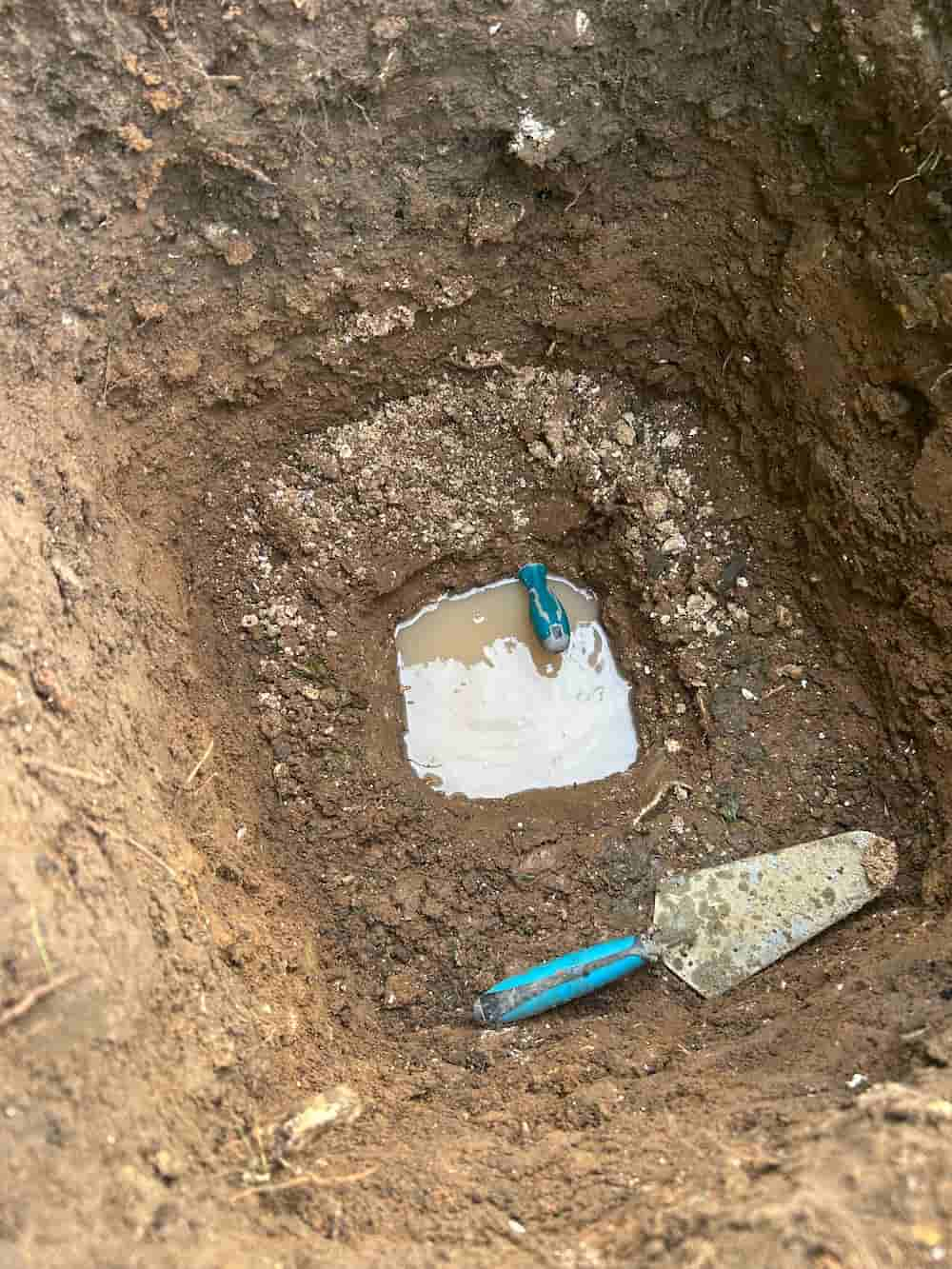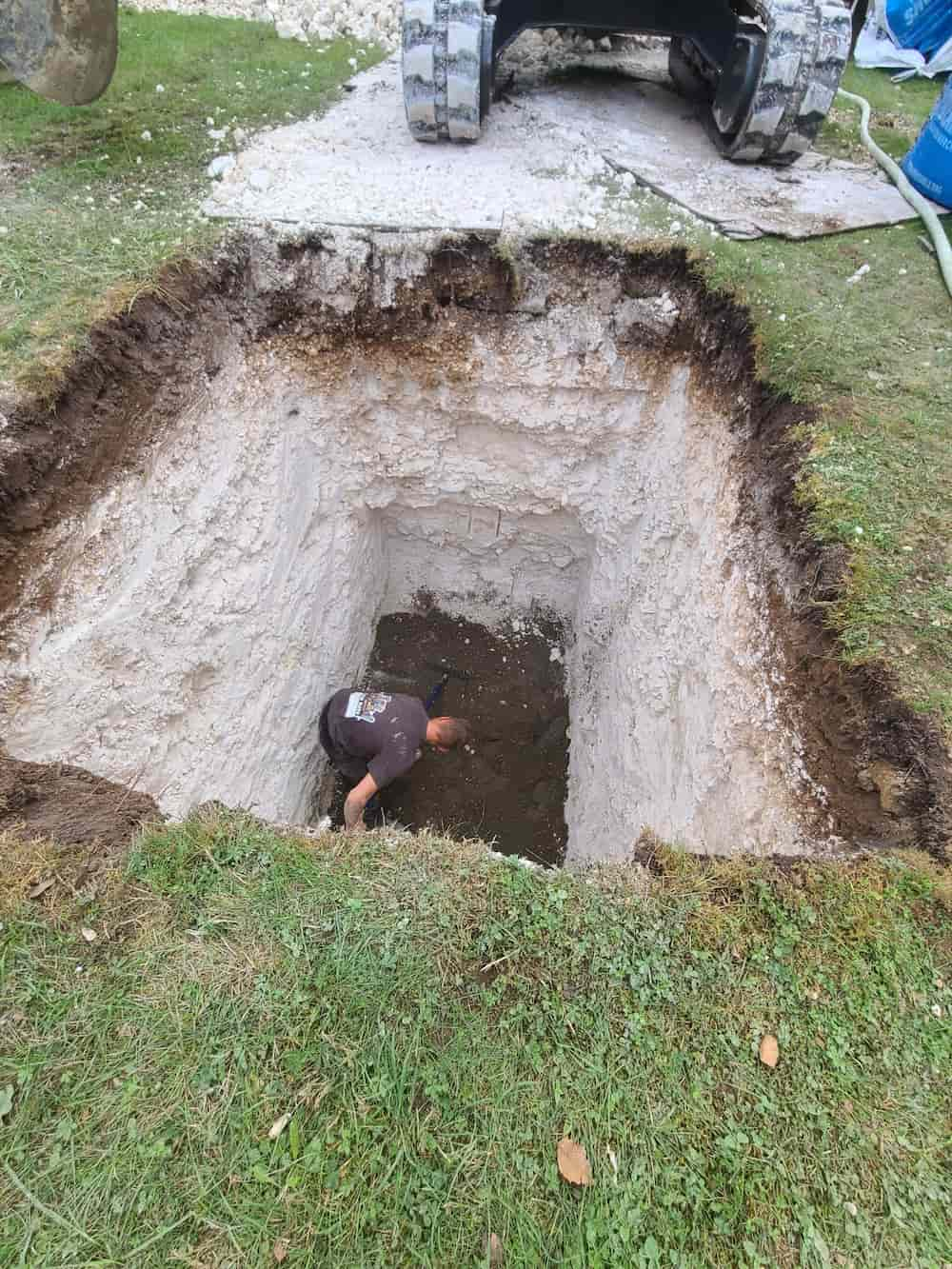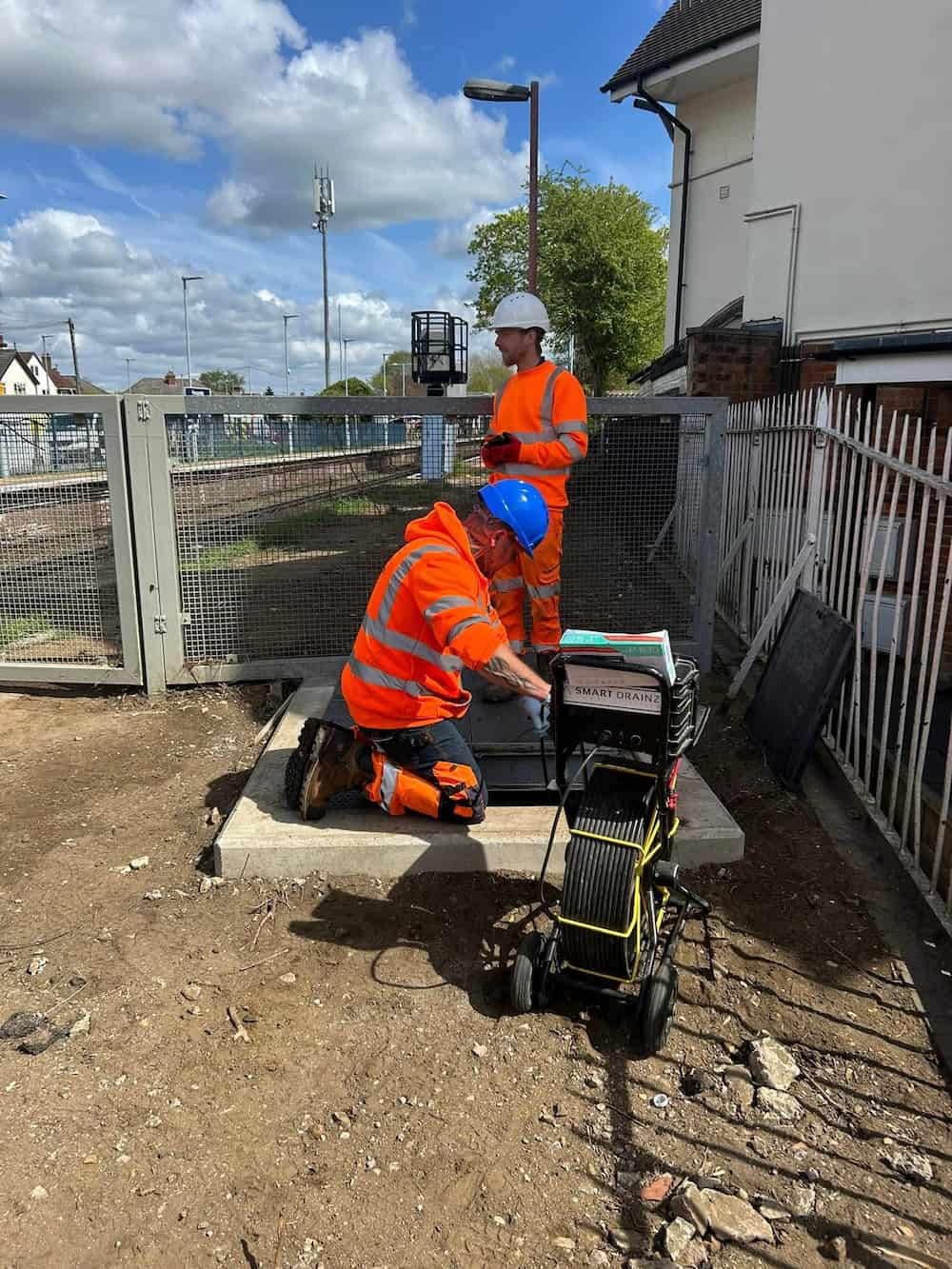
Pre-Purchase Surveys in Andover
Our drainage contractors at Smart Drainz travel across the South of England, conducting pre-purchase surveys for potential home buyers. Let us put your mind at ease by ensuring the drainage systems in your dream home in Andover, Hampshire, or further afield won’t let you down.
Call Smart Drainz on 03332 027129 for Pre-Purchase Surveys across the South of England!
Call Smart Drainz on 03332 027129 for Pre-Purchase Surveys across the South of England!
Call Smart Drainz on 03332 027129 for Pre-Purchase Surveys across the South of England!
Call Smart Drainz on 03332 027129 for Pre-Purchase Surveys across the South of England!
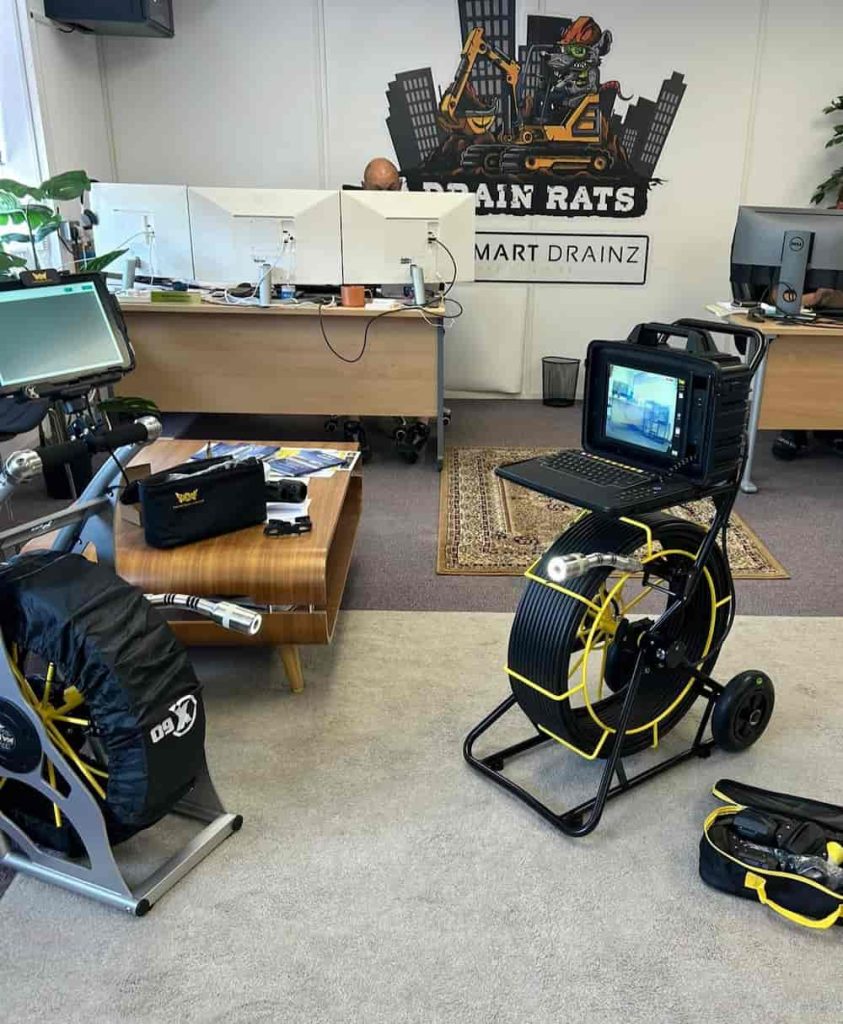
- Smart Drainz -
How Pre-Purchase Drain Surveys Help Avoid Costly Drainage Compliance Issues
When purchasing a property—particularly in rural or semi-rural areas such as Andover—overlooking the drainage infrastructure can lead to significant legal and financial consequences. With evolving regulations, including the General Binding Rules, and increasing environmental scrutiny, it is essential that all drainage installations are legally compliant and functionally sound. Pre-emptive measures, such as pre-purchase surveys, can identify defective systems, flag potential issues such as failed soakaways, and highlight where further investigation, such as a percolation test, is needed.
These surveys also help determine whether Environmental Agency Discharge Permits are required, and they play a vital role in ensuring full compliance with UK drainage legislation. Here, the team at Smart Drainz explains the importance of pre-purchase surveys in identifying drainage risks and outlines how they can safeguard prospective buyers from post-sale liabilities related to non-compliant or failing systems.
The Legal and Technical Landscape of Property Drainage
Modern drainage compliance is governed primarily by the General Binding Rules, a set of statutory guidelines that dictate how small sewage discharges to ground or surface water must be managed. These rules are designed to minimise environmental harm and maintain groundwater quality, especially in locations like Andover where high water tables and sensitive aquifers may exist.
Purchasing a property without verifying whether its existing drainage installations meet the General Binding Rules is a common yet avoidable mistake. Non-compliant systems may require immediate upgrades, relocation, or even replacement. Equally, a failed percolation test can render a site unsuitable for discharge to ground, requiring a shift in system design or the acquisition of an Environmental Agency Discharge Permit. In such cases, early identification is not just helpful—it is essential.
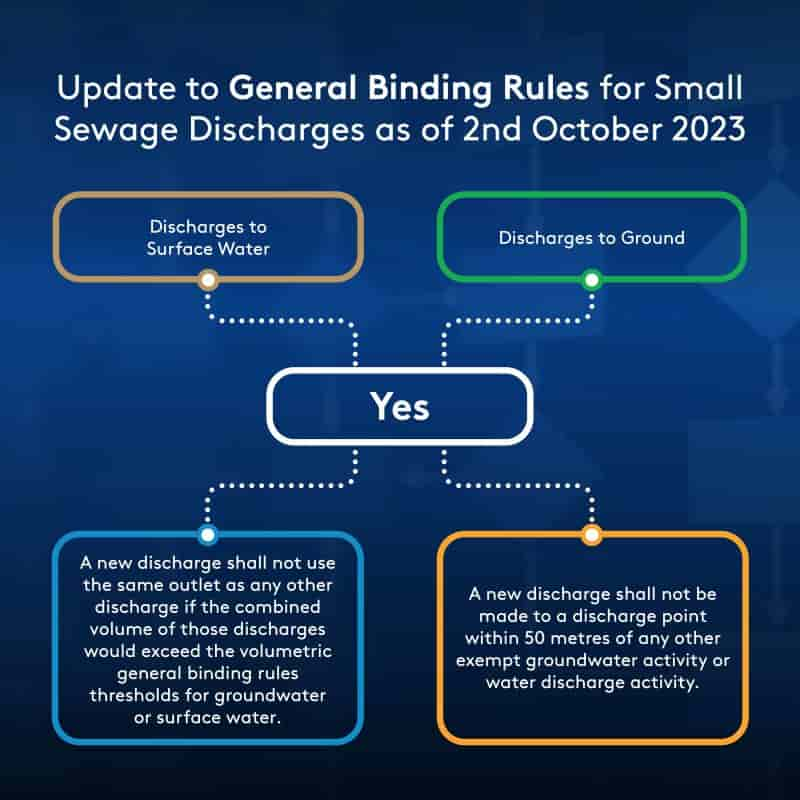
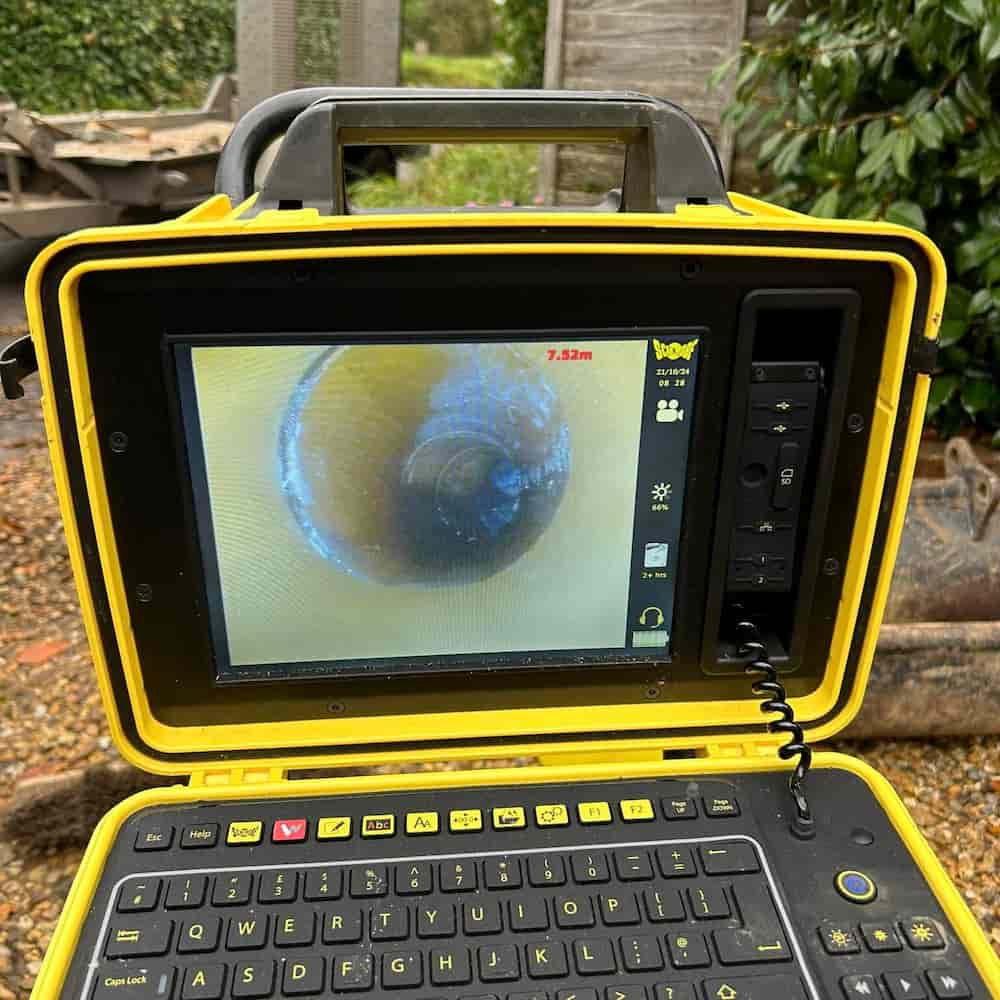
What Pre-Purchase Drain Surveys Typically Uncover
Pre-purchase surveys are detailed inspections of a property’s drainage infrastructure and are especially critical when private systems (e.g., septic tanks or small treatment plants) are in use. Unlike a standard homebuyer’s report, a drainage survey examines not only structural integrity but also environmental and legal compliance.
Key insights from a well-conducted pre-purchase survey can include:
- The type and location of the existing system
- Evidence of current or historic blockages, leaks, or surcharge
- Proximity of discharge points to sensitive watercourses or boreholes
- System design limitations (e.g., undersized drainage fields or unsealed chambers)
- Potential need for a percolation test or permit under the General Binding Rules



